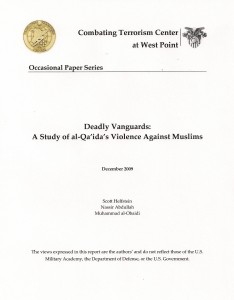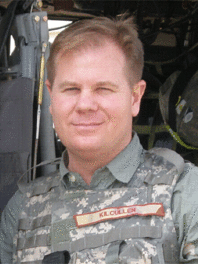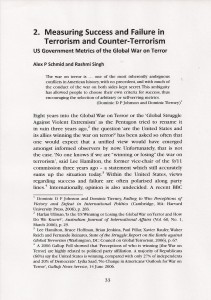Berto Jongman recommends…
Special Services Group & Pak-Sponsored Terrorism (ICT 15/11/2009)
Till now, the international focus has been on the Inter-Services Intelligence (ISI) as the sponsor and trainer of jihadi groups. Indications of a similar role being played by at least some elements in or of the the SSG—- possibly in tandem with the ISI — are coming to the fore now.”
Waziristan: A Stygian Dark (ICT 10/10/2009)
Crucially, Islamabad’s orientation to these various groups has been defined exclusively by the degree to which they have remained loyal to Pakistan’s objectives in destabilizing Kabul, or to which they have turned ‘renegade’ and attacked targets within Pakistan. The US and Pakistan, consequently, act at cross purposes with several of these and the many lesser groups operating in Waziristan.
How Close Are Blackwater and JSOC?
Could Prince be airing his CIA work to distract from his work with JSOC? As I wrote, operations from predator drones to militant detention seem to be shifting from the CIA to JSOC. As Marc wrote, Blackwater is controversial within the CIA and with the agency's congressional overseers. But JSOC has no such problems. If Blackwater's special operations work is being moved from CIA to JSOC, that would help Blackwater continue programs like drone-spotting in Pakistan unabated. It would also be yet another case of transferring authority from CIA to JSOC.
Continue reading “Journal: Pakistan, Terrorism, & Afghanistan”









